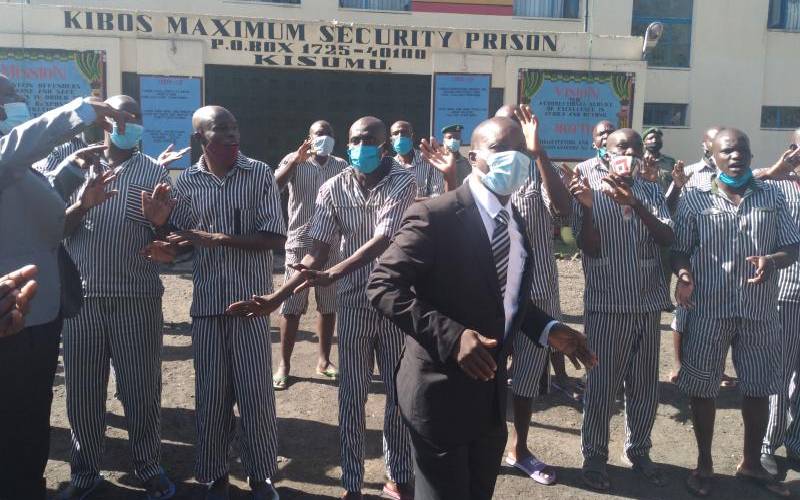×
The Standard e-Paper
Smart Minds Choose Us

In an ideal situation, correctional facilities are meant to keep offenders in safe custody and rehabilitate and reform them in preparation for full reintegration into society.
But this has not been the case in Kenya, reports in the Media and recent incidents in many of the country’s key installations are anything to go by.